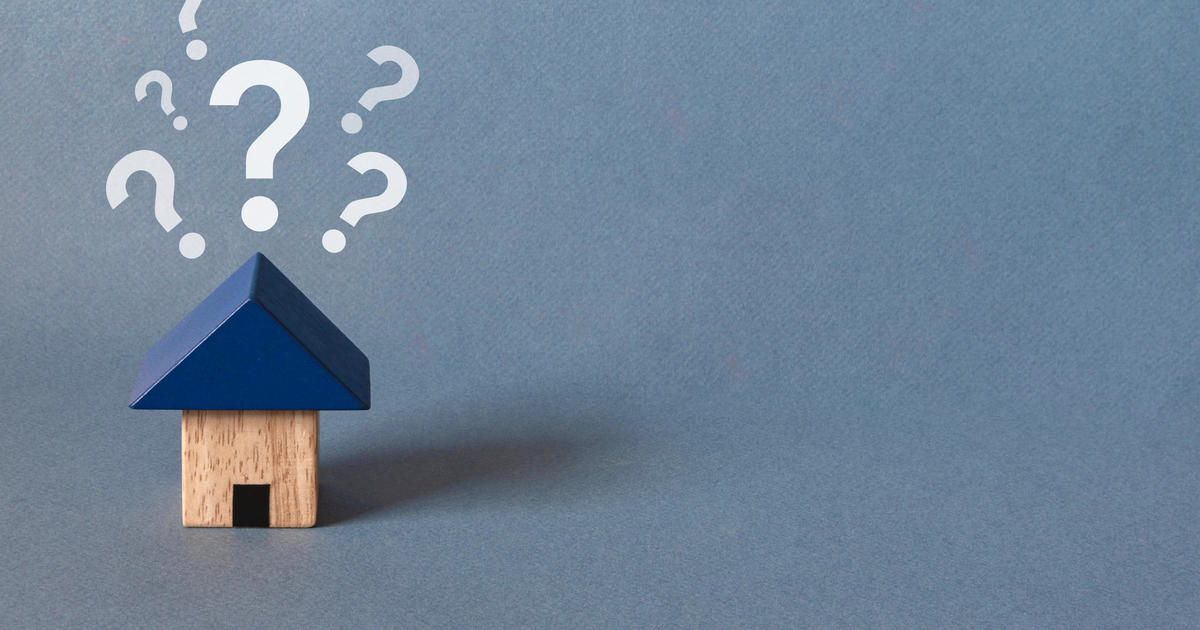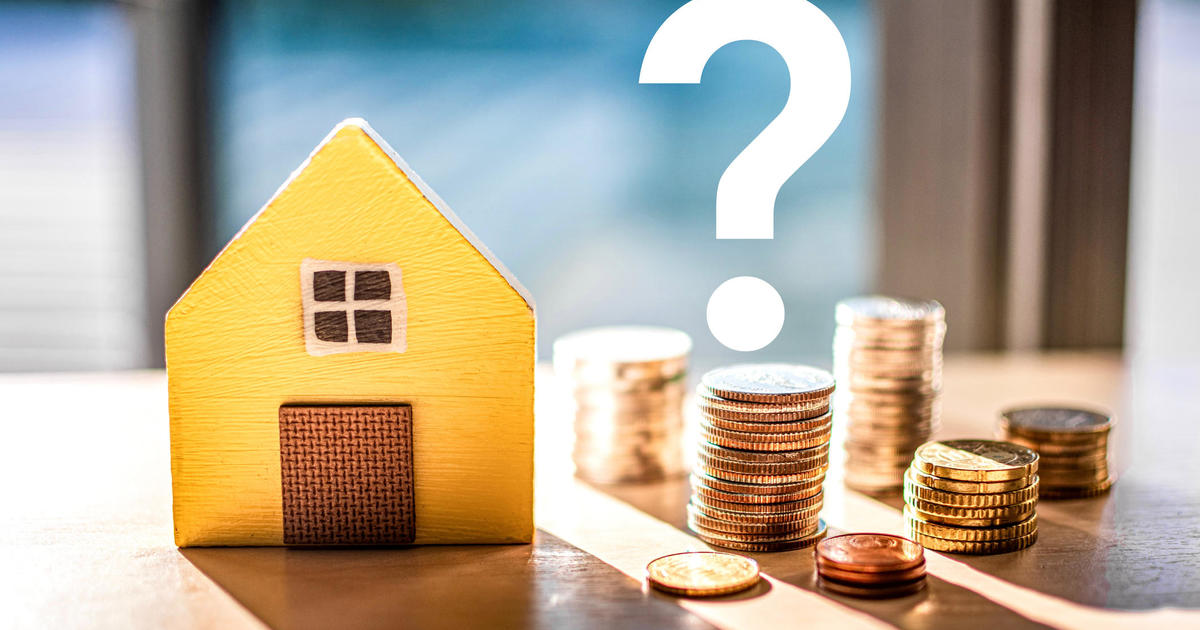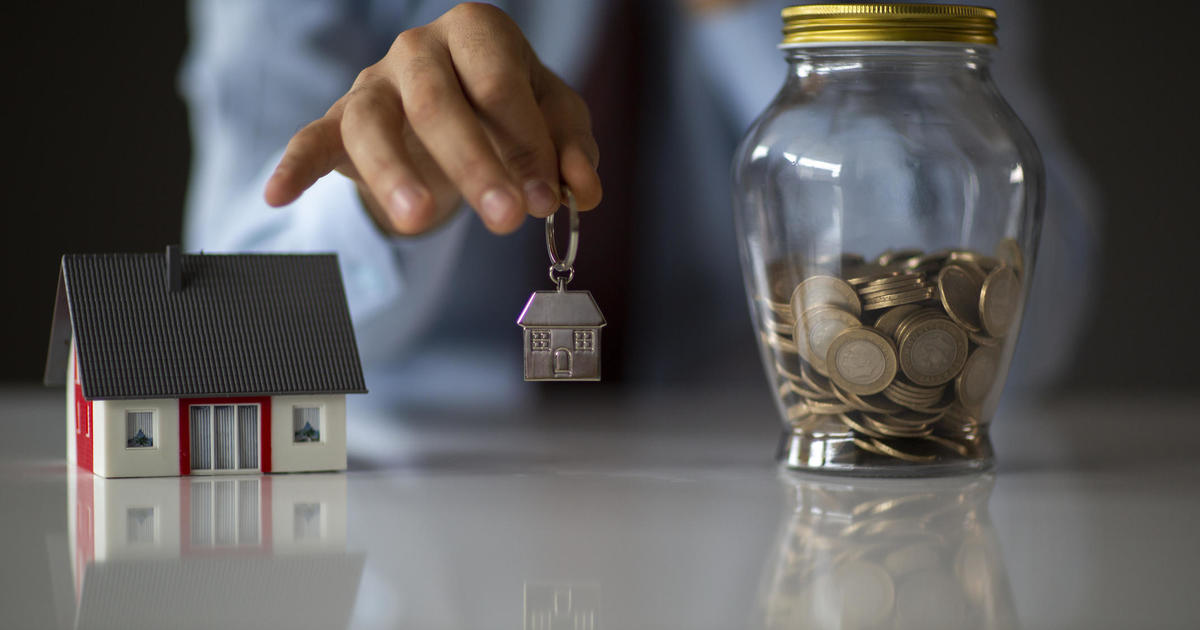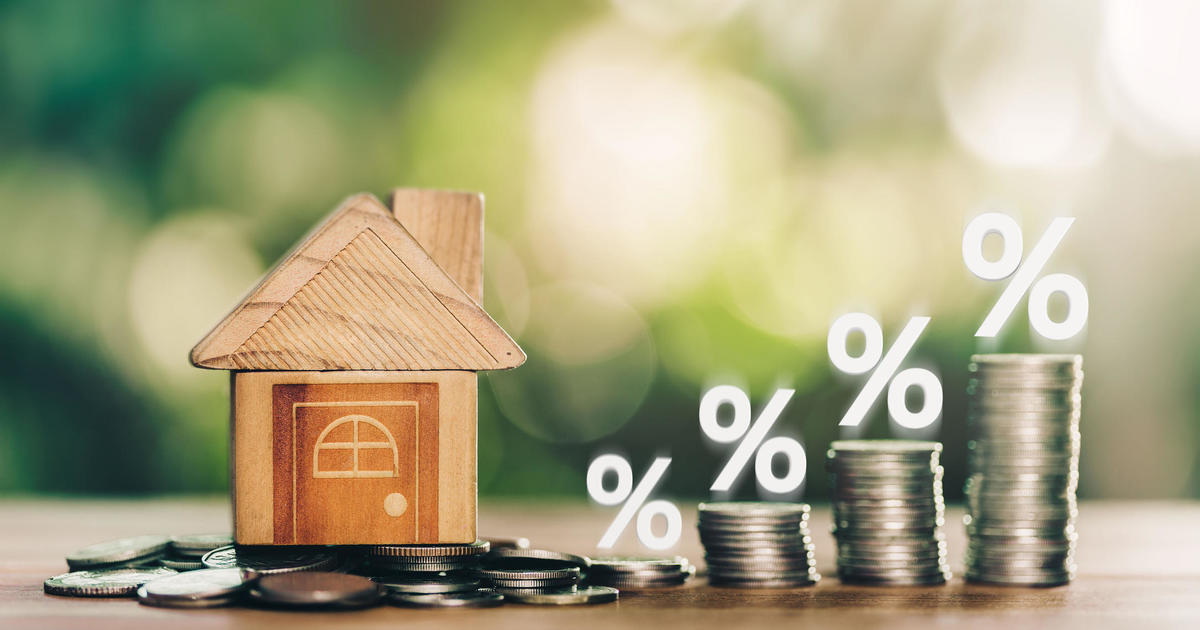Bank of America CEO Brian Moynihan talks consumer spending, supply chain crisis and Fed rate hike
As CEO of Bank of America since 2010, Brian Moynihan has been largely credited with rebuilding the bank after the Great Recession and financial crisis.
Moynihan points to the continued strength of consumer spending despite four-decade-high inflation and worries about the economy and the pandemic. Spending on the bank's credit and debit cards in January was up 17% from a year earlier. That's despite January typically being a slower month after the frenzy of the holiday shopping season.
Moynihan spoke with the Associated Press about the data, as well as his thoughts on inflation and the Federal Reserve's coming interest rate hikes. The interview has been edited for clarity and length.
Q: Why do you feel these higher spending numbers in January are important?
Brian Moynihan: So the narrative we've been hearing is that consumer spending was up substantially in the fourth quarter and it appears like that trend is going to continue. We're seeing the overall spending of our clients on credit, suspending credit, debit cards, cash pulled from the ATMs, etc. has continued to be strong. Now some of this payment growth could be us getting market share on our competitors, but 17% growth shows there's some sort of behavior change going on, even with a strong growing economy.
Q: Could inflation be behind the higher consumer spending?
Consumers have a lot more money in their accounts than before the pandemic, helped by the stimulus. Certainly, consumers are still struggling due to inflation. Also in our data, the number of transactions is up almost 10%. That's very strong. Nobody spends three times the rate they were because of inflation.
Q: Is the higher spending due to consumers leveraging up, by putting money on credit cards or borrowing to keep up with expenses?
Consumer account balances are still building. That means those higher wages have been a net positive even with their spending rising. On the other hand, they're not doing it through leverage. Look at credit card balances. We're still 15% behind where we were pre-pandemic and if you look at the payment rates on those credit card balances, they are still running at a very high rate. That to me says consumers are not taking on debt to keep this spending up.
Q: Why is this strong consumer spending a good thing and what should the Fed do about it?
The good news is, they're still spending even though the stimulus has largely run its course. Two-thirds of the economy is driven by consumer spending. The question is, is that going to create inflation and supply-chain and labor shortages. That's why the Fed has to do what they've said they are going to do, which is it's time to normalize interest rates. Before the pandemic, we had a strong economy and interest rates were two percentage points higher. We expect this economic growth will slow, but that will be driven by the Fed normalizing monetary policy.
Q: How are businesses coping with inflation?
If you've talked to small businesses — and we are one of the largest SBA lenders in the country so we've spoken to just about anybody — what you hear is the issues are labor shortages and labor costs. Just about the only constraint on growth is things like supply-chain shortages.



